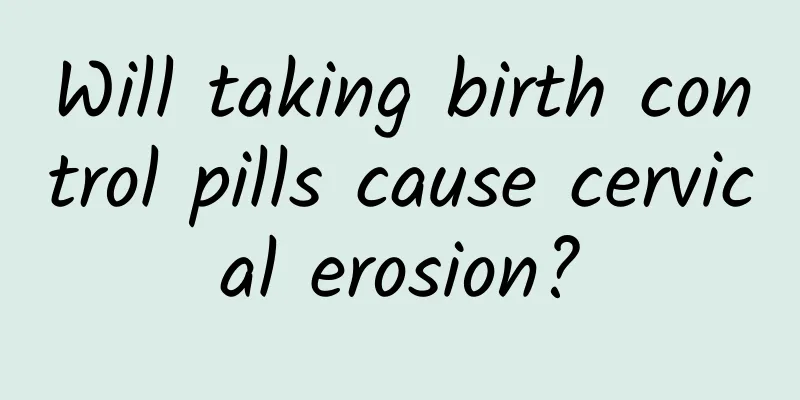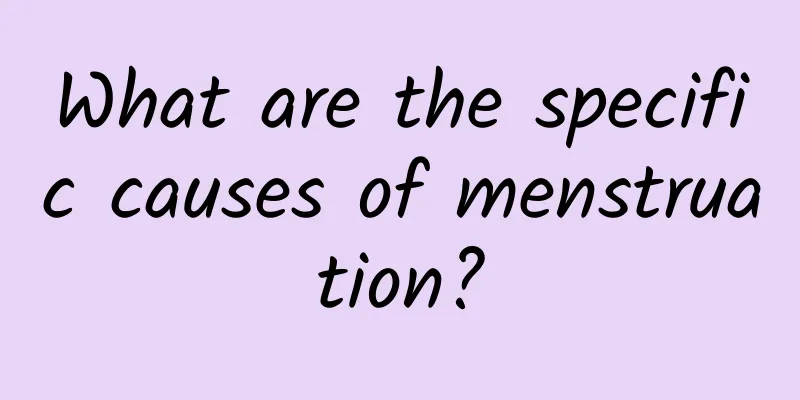Can “eating small meals frequently” really help control weight? Experts are here to answer!

|
In the past, it was always believed that in addition to limiting calories, another principle of weight loss diet is "small meals frequently." In fact, the use of "small and frequent meals" in clinical nutrition is common, especially for diseases related to the digestive tract, such as "peptic ulcer" or "chronic gastroenteritis". The main reason is to avoid excessive and large volumes of food entering the gastrointestinal tract in a short period of time, reduce the stimulation of more digestive enzymes, and avoid physical discomfort. Traditionally, "small and frequent meals" are used for weight loss, mainly to reduce "hunger" and shorten the fasting period between meals. In addition, the most frequently mentioned is the "thermic effect of food". Under fixed calorie conditions, distributing calories evenly over 5 to 6 meals is believed to increase the "thermogenic effect" of food (Diet Induced Thermogenesis, DIT or Thermic Effect of Food, TEF). Every time we eat, food is digested and metabolized in the human body, and in this process a kind of heat loss is generated. This is the concept of "thermogenic effect". In the past, people’s impression of weight loss diets, in addition to emphasizing calorie restriction, also included eating small meals frequently. In theory, eating small, frequent meals may be thought to help with weight loss by increasing the "thermogenic effect" of food or delaying "hunger" between meals, but the results vary from person to person. Clinical dietary studies have shown that "small and frequent meals" and "three normal meals a day" have the same effect on weight loss. Therefore, the focus is still on the total daily calorie intake and expenditure, rather than the frequency of meals. Eating small meals frequently is not suitable for everyone, because the amount of food in each portion is reduced. Although the frequency of meals increases, for those who cannot tolerate hunger, each meal may stimulate appetite more and cause psychological burden. You can do this 1. For those who want to lose weight, eating small and frequent meals is not completely useless. For those who have digestive diseases or other diseases and are evaluated by doctors and nutritionists to eat small and frequent meals, such as those with bulimia nervosa, heart failure, dumping syndrome (such as gastrectomy patients), chronic obstructive pulmonary disease (COPD), etc., eating small and frequent meals can reduce the discomfort that may be caused by eating larger portions of food. 2. When medical staff recommend eating small and frequent meals, appropriate eating techniques can be used to increase satiety. For example: appropriately increase the proportion of protein, increase dietary fiber, or increase liquid intake, give priority to liquid food, and put solid food at the end, such as drinking soup first, then eating salad or whole wheat crackers. ※This article is excerpted from "Nutritionists Teach You Not to Be Afraid: Using Evidence-Based Science to Debunk 27 Common Diet Myths" published by Yuanliu Publishing. Please refer to this book for the full content. |
>>: Back to a flat belly! Get rid of the fat on both sides of the waist with these 2 tricks
Recommend
TCM treatment of Bartholinitis
The existence of Bartholinitis has a great impact...
What are the dangers of multiple miscarriages? These 3 dangers will be caused
Multiple miscarriages can damage the endometrium ...
What is the cause of mild cervicitis and what to do
Mild cervicitis is mostly caused by ascending inf...
Is it better to have a medical abortion or a surgical abortion during pregnancy? Here's how to choose between medical abortion and surgical abortion
We all know that many women get pregnant without ...
Obesity increases the risk of cardiovascular disease! What are the types of weight loss surgeries? What are the conditions for health insurance to cover weight loss surgery?
In the outpatient clinic, I met a patient in his ...
The two most common methods of diagnosing uterine fibroids
The uterus is a place where tumors are more likel...
What is the cause of menstrual disorders?
What causes menstrual disorders and what should I...
What are the symptoms of pelvic inflammatory disease?
In recent years, the number of patients with pelv...
How to treat cervical ovarian cysts
Treatments for cervical and ovarian cysts include...
Can I drink saffron tea for irregular menstruation?
You can drink saffron in water in moderation when...
Adenomyosis moxibustion acupoint treatment method
Adenomyosis moxibustion acupoint treatment method...
You can move even while taking a bath! 3 exercises to reduce belly fat
Who says you can only stay in the bathtub when ta...
There is something wrong with Australia and New Zealand cattle! Lin Jieliang: Labeling the origin of food to build a food resume
On the afternoon of the 12th, the Department of H...
Experts explain the causes of ovarian cysts in unmarried women
Ovarian cysts are a gynecological disease that is...
What is a solitary uterine fibroid with calcification? What does a solitary uterine fibroid mean?
What is single uterine fibroid with calcification...









